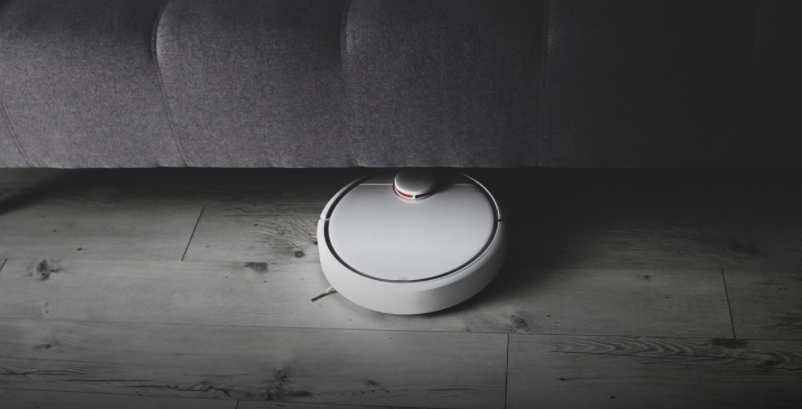The use of smart products is on the rise in Switzerland, as the Smart Products Report from the Institute for Customer Insight of the HSG (ICI-HSG) recently showed. But do these autonomous, everyday things really help to increase happiness and well-being? Researchers also looked into this question.


The Hoover robot cleans the floor, while intelligent kitchen appliances almost independently prepare dinner with ingredients that the Internet-connected refrigerator has ordered in advance.
Smart products are taking over more and more household chores, giving their owners more free time. Researchers at the University of St.Gallen, HEC Lausanne, Harvard Business School and the Vienna University of Economics and Business Administration have investigated whether this actually makes people happier.
After interviewingover 5000 people worldwide, theresult is clear: people who own smart products have a higher level of happiness and feel less stressed – butwith two important reservations.
A guilty conscience reduces happiness
“The use of smart products can make people happier by leaving more time for things that really matter to us. However, this does not apply to smart products which are relatively similar to humans because in this case the outsourcing of tasks can lead to feelings of guilt,” explains Prof. Dr. Emanuel de Bellis, who worked on the study at the ICI-HSG. A product appears human-like when it has a human voice or face. In addition, this effect is enhanced if the product is named after real people.
This finding also corresponds with earlier research which showed that people who outsource daily, mundane activities to other people have a worse conscience if they know exactly who is being engaged to do them.
Fear of the judgment of others
The second caveat on the road to smart happiness is that those who use smart products fear being perceived as lazy by other people.
According to the authors, the results of the study could explain why, despite their growing popularity, smart products have not yet achieved the rapid triumph that was predicted for them.





































